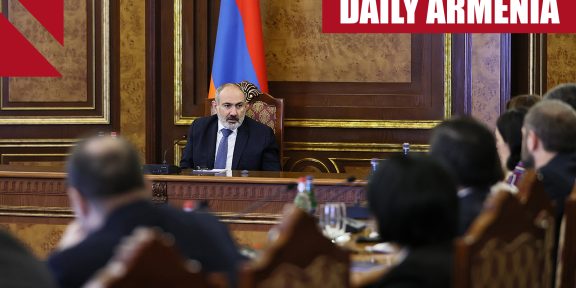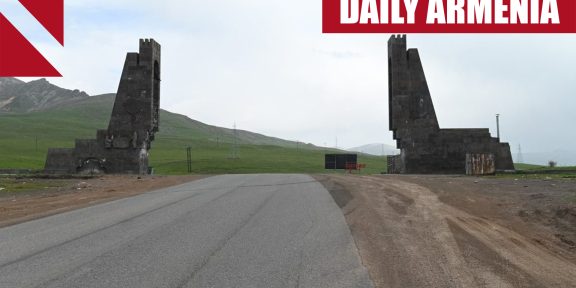On June 11, Armenia’s government adopted new amendments to the Law on Funded Pensions. This system should have come into force in 2014, but protests against it ultimately led to its alteration and postponement. One of the reasons for the postponement was the low level of trust towards the former authorities. Now that the current government enjoys the people’s trust, the cabinet voted in favor of instituting the pension reform.
According to the decision, starting from July 1, employees on payroll will be mandatorily included in the pension system and 2.5 percent of their salaries will be deducted by the employer and submitted to government. Previously this contribution was five percent, and the government matched a further five percent. Now the new amendments mandate that the employees will pay 2.5 percent of their salary to pension funds, while the government will add the remaining 7.5 percent.
Since 2014, the Mandatory Accumulative Pension System has been a subject of disagreement between groups opposing the mandatory component of the system and the government.
Why the new pension system?
The Government justifies the system in the context of demographic decline and ageing population, with the increasing number of pensioners and decreasing labor force, explaining that if pension deductions are not mandatory, the government will be faced with an aging population which it cannot support from budget funds alone.
Internationally, the pension systems rely on the ratio of employees and pensioners. In other words, how many employees per one pensioner does a country have? In Armenia it is 1/1, while in many countries this number is up to four workers funding one pensioner.
The Mandatory Accumulative Pension System was to come into force on January 1, 2014. At that time, the DEM EM (I am Against) initiative took to the streets and they were joined by several political factions. The core of the movement consisted of IT professionals with higher than average salaries.
In 2014 some of the provisions of the Law on Funded Pensions were disputed at the Constitutional Court, which ruled that some provisions of the law contradict the Constitution. On April 3, 2014, one of the strongest advocates of the system, then Prime Minister Tigran Sargsyan, announced his resignation, after which the new prime minister, Hovik Abrahamyan, attempted to find a solution to the issue.
A draft law was adopted allowing citizens to refuse to be included in the system. However, for the public sector employees the new pension system remained mandatory. Hovik Abrahamyan’s, as well as his successor Karen Karapetyan’s governments postponed the introduction of the system until July 2018.
Pension Funds and their management
Currently, more than 200,000 citizens are involved in the accumulative system in Armenia. Pension assets are managed by two international companies: a European Amundi Acba Asset Management and Austrian C-Quadrat Ampega Asset Management. According to the Ministry of Finance, with accumulated assets currently consisting of 120 billion AMD (around USD 250 mln), of which 70 percent is invested in Armenia.
The investments are mainly made in government bonds. Legislation allows that up to 40 percent of assets be invested abroad, particularly, buying securities in big international companies and subsequently raising profitability.
Sevak Manukyan, a former fund manager, however, has reservations about the assets’ investments. According to him, it is possible to direct assets to private equity companies, as well as venture capital funds, thus immediately directing fund assets to the real economy. Manukyan expresses concern that the government can use assets to cover the country’s budget deficit thus depleting it before the pensioners reach retirement age.
P.S.
Mane Tandilyan, Minister of Labour and Social Affairs announced her resignation expressing her disagreement with the new pension reform. She was a proponent of postponing its implementation until the next year.
Mkrtich Karapetyan
Zara Poghosyan
















